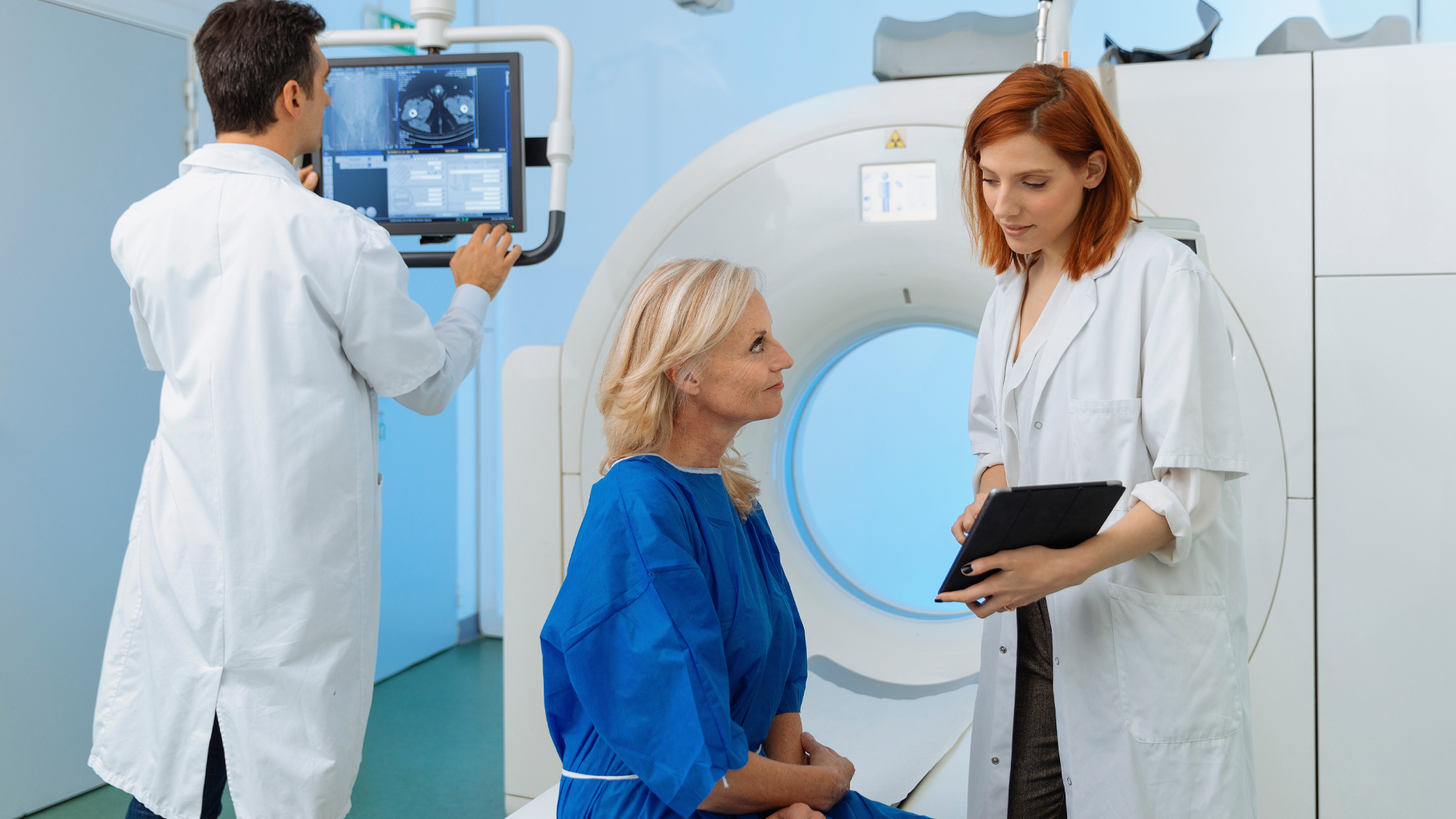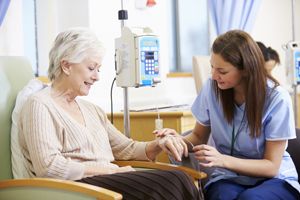How Oncology Nurses Can Help Patients Prepare for a Hurricane
Five tips for helping patients ready themselves for emergencies.
This week, many on the east coast are bracing for Hurricane Florence. With this, what can we as oncology nurses do to help our patients prepare for this storm?
I survived Hurricane Andrew in 1992, exactly 26 years ago. I have lived in Miami since 1964, and have been through many hurricanes since.
Hurricane season starts June 1 and extends through Nov. 30 every year. A patient who has cancer is concerned with survival all the time, not just during hurricane season. A hurricane just intensifies an oncology patient’s sense of urgency, and an impending hurricane gives them added stressors on top of the inherent stress of this diagnosis.
Here are some tips, from my experience with hurricanes, for nurses to offer their patients as they prepare for the storm.
1. Food and Water
If the patient is discharged from a hospital before the hurricane strikes, it is imperative that they go home to a well-stocked pantry. The No. 1 requirement for an oncology patient is to stay hydrated. They may also be taking chemotherapy and be prone to nausea, vomiting, and diarrhea. Make sure the patient has plenty of bottled water and other types of fluids such as juice.1 Even a carbonated drink will help during a storm if it is cold. Which brings us to the next requirement: having bags of ice prior to, during, and after a storm. And lastly, of course, if the oncology patient is on a special diet, now is not the time to reinvent the wheel. Recommend for patients to try to stay on their prescribed diet if possible.1
2. Medication
Medication, such as antiemetics, are key. Have a list of the patient’s current medications ready. If the patient is still hospitalized, their oncology nurse or oncology social worker can fax the refills to the pharmacy to be ready for pickup on their way home. Be sure they get refills for at least 30 days. Also, tell patients they should have over-the-counter medications like anti-inflammatories, cough suppressants, and laxatives on hand.
3. Oxygen, Electricity, and Special Needs
If the patient is oxygen dependent, contact the DME (durable medical equipment) company to make sure that their tank will be filled. In Florida, there are special needs shelters. Right now, on any given day, it is 90 to 95 degrees. The humidity is brutal. Air conditioning or ceiling fans are just about mandatory. If the power goes out, these patients have 3 options. The first, which might be viewed as the most expedient and practical path, is to recommend they go to the emergency department and be admitted. This will give the patient access to an acute care facility and a generator for their electricity needs. The second option is to have them preplan and buy a generator in case the power goes out. I was without electricity during last year’s Hurricane Irma for roughly 2 weeks. The third option is to help them find a shelter with a generator. Of note, special needs shelter arrangements are usually made ahead of time. Some patients are ventilator dependent or need kidney dialysis. There are limits to the patient capacity of the shelter. Therefore, lists of patients are created prior to weather events.
4. Chemotherapy and/or Radiation Treatments Arrangments
New arrangements for the patient’s chemotherapy and radiation treatments will have to be scheduled. As crucial as these treatments are, if the roads are closed due to flooding or downed trees, an alternative treatment schedule will need to be drafted. Tell your patients that communicating with the oncology and radiation therapy departments is essential.
5. Think About the Emotional Support Animals
Let’s not forget our emotional support animals. If the patient has a pet therapy dog, find out if the shelter can accommodate the pet. Remember that the staff will have to care for the dog if the patient’s relatives are not with them. In addition, if the patient is hospitalized, the dog may end up at a veterinary shelter and the patient will lose their companion for the time being. Plan to have food for the dog available and bottled water, too. Heartworm preventatives will also be needed.
Trying to have a successful hurricane season takes some organizational skills. This can happen if you stick to a plan and keep your focus laser sharp.
Reference
Hurricane survival guide: Supply kit checklist. WPLG Local 10 website. local10.com/weather/hurricane/hurricane-survival-guide-supply-kit-checklist. Updated May 30, 2018. Accessed September 13, 2018.




